Atrial Flutter: Understanding Symptoms, Risks, and Treatment
Atrial flutter is a common type of abnormal heart rhythm (arrhythmia) that affects the upper chambers of the heart (atria). While often less well known than atrial fibrillation (AF), atrial flutter can cause similar symptoms and carries a similar risk of complications—especially stroke.
At Dr Li’s private cardiology clinic in London, patients with atrial flutter receive expert diagnosis and personalised treatment using the latest techniques, including catheter ablation and advanced cardiac monitoring.
What Is Atrial Flutter?
Atrial flutter occurs when the electrical signals in the atria (upper chambers of the heart) become overactive and follow a rapid, circular pathway, typically around the right atrium. This causes the atria to beat very fast—often at around 250–350 beats per minute—while the lower chambers (ventricles) respond at a slower, but still elevated, rate.
This abnormal rhythm leads to a rapid and regular heartbeat, which may be constant or occur in episodes (paroxysmal atrial flutter).
Symptoms of Atrial Flutter
Not everyone with atrial flutter experiences symptoms, but many patients describe:
Palpitations (a fluttering, racing, or pounding sensation in the chest)
Fatigue or breathlessness
Dizziness or lightheadedness
Reduced exercise capacity
Chest discomfort or pressure
Fainting episodes (less common)
Some people may not feel their atrial flutter at all, and it may only be discovered during a routine ECG (electrocardiogram) or heart health check-up.
What Causes Atrial Flutter?
Atrial flutter can be caused by a variety of factors, including:
High blood pressure
Coronary artery disease or previous heart attack
Heart valve disorders
Heart failure or cardiomyopathy
Previous heart surgery
Overactive thyroid (hyperthyroidism)
Excessive alcohol or stimulant use
In some cases, atrial flutter occurs in people with no clear underlying heart condition.
Is Atrial Flutter Dangerous?
In some cases yes, as atrial flutter can increase the risk of:
Stroke: The irregular rhythm may lead to blood pooling in the atria, increasing the chance of clot formation, which can travel to the brain.
Heart failure: If left untreated, the constant rapid heart rate can weaken the heart over time.
Because of this, it’s important to seek expert evaluation and begin treatment early, even if your symptoms are mild.
Diagnosis and Assessment
If you are experiencing symptoms of atrial flutter or have been told you may have an abnormal heart rhythm, Dr Li offers comprehensive heart rhythm assessment at his private cardiology clinic in central London, including:
12-lead ECG
24-hour Holter monitor or event recorder
Echocardiogram (ultrasound of the heart)
Blood tests, including thyroid function
Advanced rhythm studies, if needed
These investigations help determine the type of arrhythmia, its frequency, and whether any underlying heart disease is present.
Treatment Options for Atrial Flutter
Treatment for atrial flutter aims to control your heart rate or rhythm and reduce the risk of stroke.
1. Medications
Rate control: Medications like beta blockers or calcium channel blockers can help slow your heart rate.
Rhythm control: Antiarrhythmic drugs may help restore or maintain a normal rhythm.
Blood thinners: Anticoagulants (e.g., apixaban, warfarin) are often prescribed to reduce the risk of stroke.
2. Cardioversion
A brief electrical shock delivered under sedation may be used to restore a normal heart rhythm.
3. Catheter Ablation
This minimally invasive procedure involves inserting thin wires into the heart through blood vessels. Heat (radiofrequency) or freezing (cryoablation) is used to eliminate the faulty electrical circuit causing the flutter.
Dr Li specialises in catheter ablation and performs this procedure with high success rates. In many cases, catheter ablation provides a long-term cure for atrial flutter.
Why Choose Dr Li – Private Cardiologist in London?
Dr Li is a leading London cardiologist with specialist expertise in heart rhythm disorders, including atrial flutter. Patients choose Dr Li for:
Rapid access to diagnosis and personalised treatment plans
Expertise in complex arrhythmia care, including catheter ablation
State-of-the-art diagnostic equipment at private central London clinics
A compassionate, patient-focused approach with clear communication every step of the way
Book an Appointment with Dr Li Today
If you’re experiencing palpitations, breathlessness, or have been diagnosed with atrial flutter, don’t wait to seek care. Early diagnosis and treatment can significantly improve your quality of life and reduce long-term risks.

